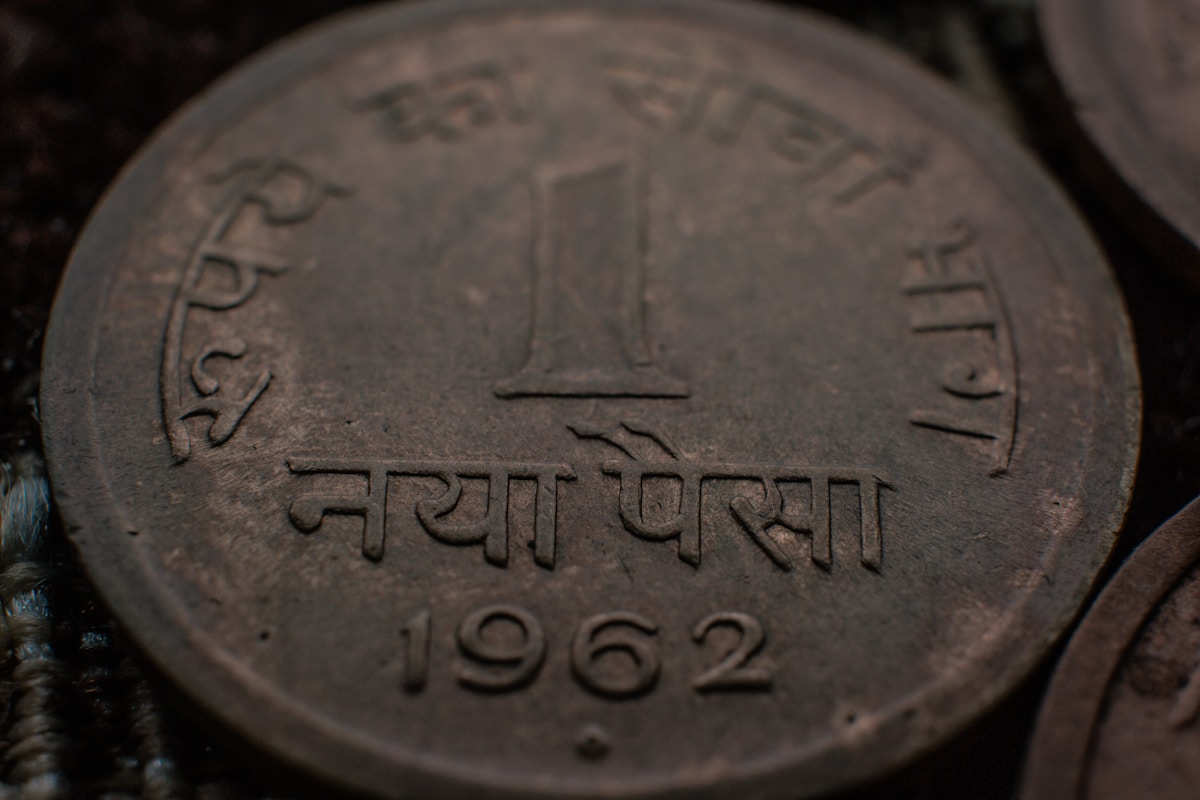While the concept of money has been integral to human civilization, tracing the roots of the first coins brings us to ancient times and a remarkable innovation that shaped economies and societies. The ‘father of the coin’ is not a single individual but rather an ancient culture known for pioneering the use of minted coins: the Lydians. This article delves into the origins of coinage, exploring how the Lydians’ innovation became a cornerstone of economic transactions and how their legacy continues to impact our financial systems today.

The Lydians, an ancient culture from what is now modern-day Turkey, were the first to use coins around 700 BC. This significant development is often attributed to King Alyattes, who ruled Lydia from 619 to 560 BC. The coins produced during his reign are considered the world’s first official currency, a revolutionary step that transformed trade and commerce. These early coins were made from electrum, a natural alloy of gold and silver, and were stamped with official marks to certify their authenticity and value.
The introduction of coinage by the Lydians marked a departure from the barter system, which was limited by the need for a mutual desire for goods between traders. Coins brought with them the advantages of portability, durability, and divisibility, characteristics that facilitated trade over larger distances and between a greater diversity of people. The standardization of currency also allowed for more complex economic systems to develop, laying the groundwork for modern financial systems.
Following the Lydians, the use of coins spread rapidly across the ancient world. Neighboring civilizations like the Greeks and the Persians adopted coinage, each adding their cultural and political marks to their currencies. The Greeks, in particular, are known for their intricate coin designs which often featured gods and heroes, reflecting their culture and beliefs. These coins not only served economic functions but also acted as tools for propaganda and art.
In addition to economic impact, coins played a significant role in the social and political spheres. They were a means of disseminating the sovereign’s image and authority, an early form of mass communication. The imagery and inscriptions on coins conveyed messages about the power and legitimacy of the rulers, helping to shape public perception and loyalty.
Today, the concept of coinage continues to evolve with digital currencies and cryptocurrencies, yet the basic principles of what makes a currency — trust, authenticity, and utility — remain unchanged. The Lydians’ invention of coinage remains one of the greatest financial innovations, a testament to human ingenuity in the pursuit of economic efficiency and stability.
In conclusion, while it is difficult to pinpoint a single ‘father of coin,’ the Lydians, under King Alyattes, played a crucial role in the birth of coinage. Their contributions laid the foundational principles of modern currency, influencing economies around the globe. The legacy of the Lydians’ innovation is a reminder of how historical advancements in finance continue to shape our economic realities and societal structures.




Leave a Reply